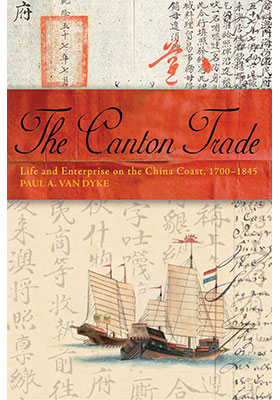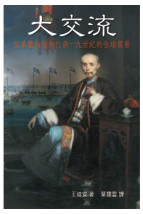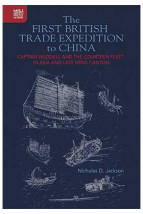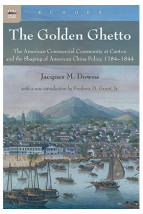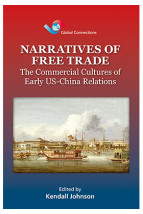The Canton Trade
Life and Enterprise on the China Coast, 1700–1845
(廣州貿易:中國海岸的生活和企業(1700年至1845年))
ISBN : 978-962-209-828-2
January 2005
336 pages, 6″ x 9″
Ebooks
This study utilizes a wide range of new source materials to reconstruct the day-to-day operations of the port of Canton during the eighteenth and first half of the nineteenth centuries. Using a bottom-up approach, it provides a fresh look at the successes and failures of the trade by focusing on the practices and procedures rather than on the official policies and protocols. The narrative, however, reads like a story as the author unravels the daily lives of all the players from sampan operators, pilots, compradors and linguists, to country traders, supercargoes, Hong merchants and customs officials. New areas to studies of this kind are covered as well, such as Armenians, junk traders and rice traders, all of whom played intricate roles in moving the commerce forward.
The Canton Trade shows that contrary to popular belief, the trade was stable, predictable and secure, with many incentives built into the policies to encourage it to grow. The huge expansion of trade was, in fact, one of the factors that contributed to its collapse as the increase in revenues blinded government officials to the long-term deterioration of the lower administrative echelons. In the end, the system was toppled, but that happened mainly because it had already defeated itself.
General readers and academicians interested in world and Asian history, trading companies, country trade, Hong merchants, and articles of trade will find much new and relevant information here.
“This is an impressive piece of scholarship, rich in new data and filled with new insights. Its publication will prove important to scholars of late imperial China and economic history. The former will learn a revisionist perspective on the Canton system that shows how the court largely adapted to the evolving conditions in Canton in the eighteenth century. The latter will learn much about the mechanics of international trade in an era preceding European dominance.” —R. Bin Wong, University of California, Los Angeles
“The work, which is based on multi-archival research, is solid, enlightening and groundbreaking in terms of scholarship. It has set a high standard in research that is hard to repeat and will also be a standard reference for a long time to come on questions relating to not only the Canton System but also world trade during the period in question.” —Ng Chin-keong, National University of Singapore
“Van Dyke shows how Southeast Asians, Westerners, and Chinese interacted at Canton, how a supposedly rigid system changed and grew, how legal and illegal trades fertilized each other, and how the system broke down. Old stories that see only a looming Sino-British conflict will never look quite right again.” —Ken Pomeranz, University of California, Irvine
“Chinese foreign relations in the centuries before the Opium Wars have been studied from many angles, but the Canton trade which lay at the heart of these relationships remained in the shadows. Paul Van Dyke has placed us all in his debt by combing through both Chinese and varied European sources. At last a coherent picture emerges, and shows the basic rationality and mutual interest behind a system more often depicted as corrupt and obstructive.” —Anthony Reid, Asia Research Institute, National University of Singapore
“This first detailed case study about the inner workings of the Canton port system is based on an extraordinary variety of first hand material from so far unused sources in Chinese and European archives. It throws a radically new light on the encounter between the Chinese coastal economy and foreign traders in early modern times. This superbly researched monograph presents a breakthrough in the study of Canton’s overseas trading system.” —Leonard Blussé, Leiden University

